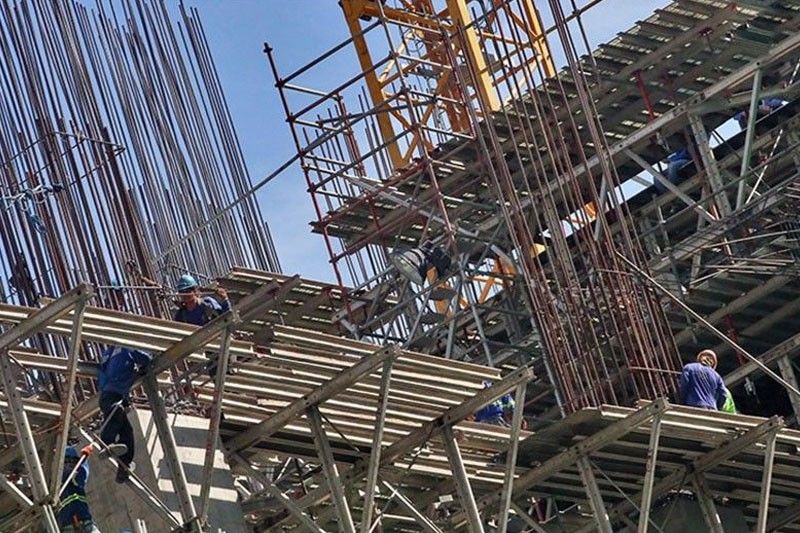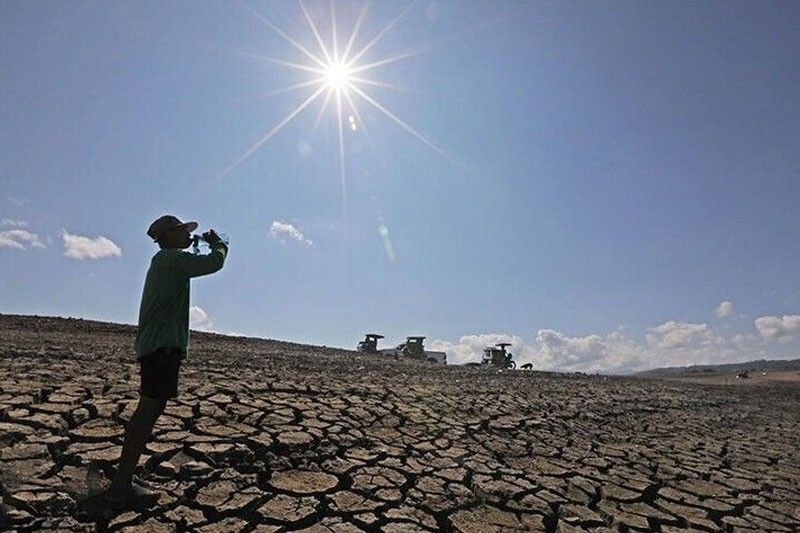
Upgrade to High-Speed Internet for only ₱1499/month!
Enjoy up to 100 Mbps fiber broadband, perfect for browsing, streaming, and gaming.
Visit Suniway.ph to learn
Louella Desiderio - The Philippine Star
May 3, 2025 | 12:00am
United Nations Undersecretary General and UN Development Program Associate Administrator Hao Liang Xu participated in the high-level conference of middle-income countries held in Makati. Xu joined over 200 representatives from 24 nations and global institutions during the two-day conference. The participants called for coordinated action to address the persistent development challenges of middle-income countries, including reforms to financing, debt sustainability and eligibility frameworks that go beyond income-based measures. The Makati Declaration adopted during the conference also launches the process of formulating a Strategic Program of Action to advance inclusive and sustainable development through stronger global partnerships and support.
MANILA, Philippines — The UN Development Program has reaffirmed its support for middle-income countries (MICs), including the Philippines, with United Nations Undersecretary General and UNDP Associate Administrator Hao Liang Xu concluding a two-day visit to Manila.
In his opening remarks, Xu underscored the pivotal role of MICs in shaping the global development landscape despite persistent structural challenges and external pressures.
“MICs are not just countries in transition – they are engines of innovation, resilience and global progress,” Xu said.
The conference highlighted key areas of focus for MICs, including access to equitable financing, strengthening digital public infrastructure, responding to the climate crisis and building innovation-driven economies.
Xu noted that although MICs make up over 70 percent of the global population and generate one-third of global gross domestic product, they are often sidelined in development financing frameworks.
In particular, MICs face rising debt pressures, with the median MIC now spending nearly nine percent of government revenue on interest payments alone.
“This conference has shown that MICs are on the frontlines of today’s global challenges – and tomorrow’s solutions. UNDP stands ready to help unlock their full potential through just transitions, resilient economies, and bold, forward-looking cooperation,” Xu said in his closing remarks.
UNDP will leverage its extensive country presence and policy expertise to implement the vision of the Makati Declaration, working alongside MIC governments and development partners.
He reaffirmed UNDP’s commitment to supporting MICs through tailored, country-specific strategies to accompany national development plans.
The Philippines is more likely to join the upper-middle income countries club by 2027, a year later than the government’s estimate of 2026, according to the World Bank.
“We believe that it’s more likely for it to be 2027,” Gonzalo Varela, lead economist and program leader for the Prosperity Unit for the Philippines, Malaysia and Brunei at the World Bank, told reporters on the sidelines of the High-Level Conference of Middle Income Countries.
Varela said the estimate is based on the latest economic growth forecasts released by the World Bank for the Philippines.
Xu also told The STAR this week that it could take two to three years for the Philippines to achieve upper-middle income status.
He emphasized the importance of accountability, transparency and good governance in transitioning from lower to upper-middle income status.
The World Bank’s East Asia and the Pacific Economic Update for April 2025 released last week showed that the Philippine economy is expected to expand by 5.3 percent this year, down from an earlier forecast of 6.1 percent.
For 2026, the World Bank also trimmed its gross domestic product growth forecast for the Philippines to 5.4 percent from its previous forecast of six percent.
Both forecasts are below the government’s six to eight percent target for 2025 and 2026.
While Varela sees the Philippines breaking into the upper-middle income country grouping in 2027, he said the country could still achieve this next year if it grows at a faster pace.

 19 hours ago
6
19 hours ago
6



